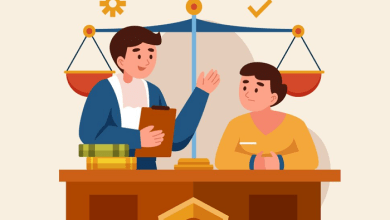
What Happens When You Have a Car Accident with Insurance?
What happens when you have a car accident with insurance?
When you are in the unfortunate situation of having a car accident, your insurance coverage can come in handy. Depending on the type and limits of your insurance policy, your insurer will work with you to get you back on the road by covering some or all repair costs. Damaged property, medical needs, and possible litigation related to the incident might also be covered. When an accident occurs, contacting your insurance provider as soon as possible is a priority so they can walk you through the steps you need to take to resolve things. Understanding what your policy covers and ensuring proper documentation is collected can help ensure that any claims for reimbursement are processed swiftly so that costly repairs can be completed quickly and without financial burden. Whenever you are in an accident, having proper insurance coverage makes all the difference in allowing quick resolution of a difficult situation.
How do you know if a crash is your fault?
After a car accident, it can be challenging to determine who is at fault. However, protecting your rights after a car accident is essential to ensure you are fairly compensated. Knowing if a crash is your fault or not may depend upon various factors, such as how distracted you were while driving, whether the other driver had the right-of-way, and how fast both of you were going before impact. So if you ever find yourself involved in this kind of scenario, make sure to collect evidence like taking photos and obtaining witness statements so that you can present them in court if necessary and ensure that both parties get the proper justice they deserve.
Can you claim for emotional distress after a car accident?
After a car accident, you may experience not only physical pain but emotional distress as well. While it can be challenging to prove the existence of psychological effects caused by a car accident, it is possible to file a claim for emotional distress under some circumstances. Generally speaking, you must have experienced mental anguish over an extended period following the incident or in relation to your injuries sustained in the crash. In addition, depending on the laws in your state, you may be able to claim if another party’s reckless behavior was directly responsible for the emotional trauma.
Can a car insurance company refuse to pay a claim?
A car insurance company can refuse to pay out an insurance claim. To receive the best rate on coverage, companies generally set specific requirements that must be met to authorize any payments. Failing to comply with those requirements could mean breaking the terms and conditions of your policy – meaning the company is no longer obligated to provide any compensation after a claim is submitted. For instance, if you forget to update your address or do not disclose a past accident, the insurance company has all the right to refuse a future claim. To avoid future issues like this, policyholders must keep their paperwork up-to-date and remain transparent about all pertinent information their insurer needs.




